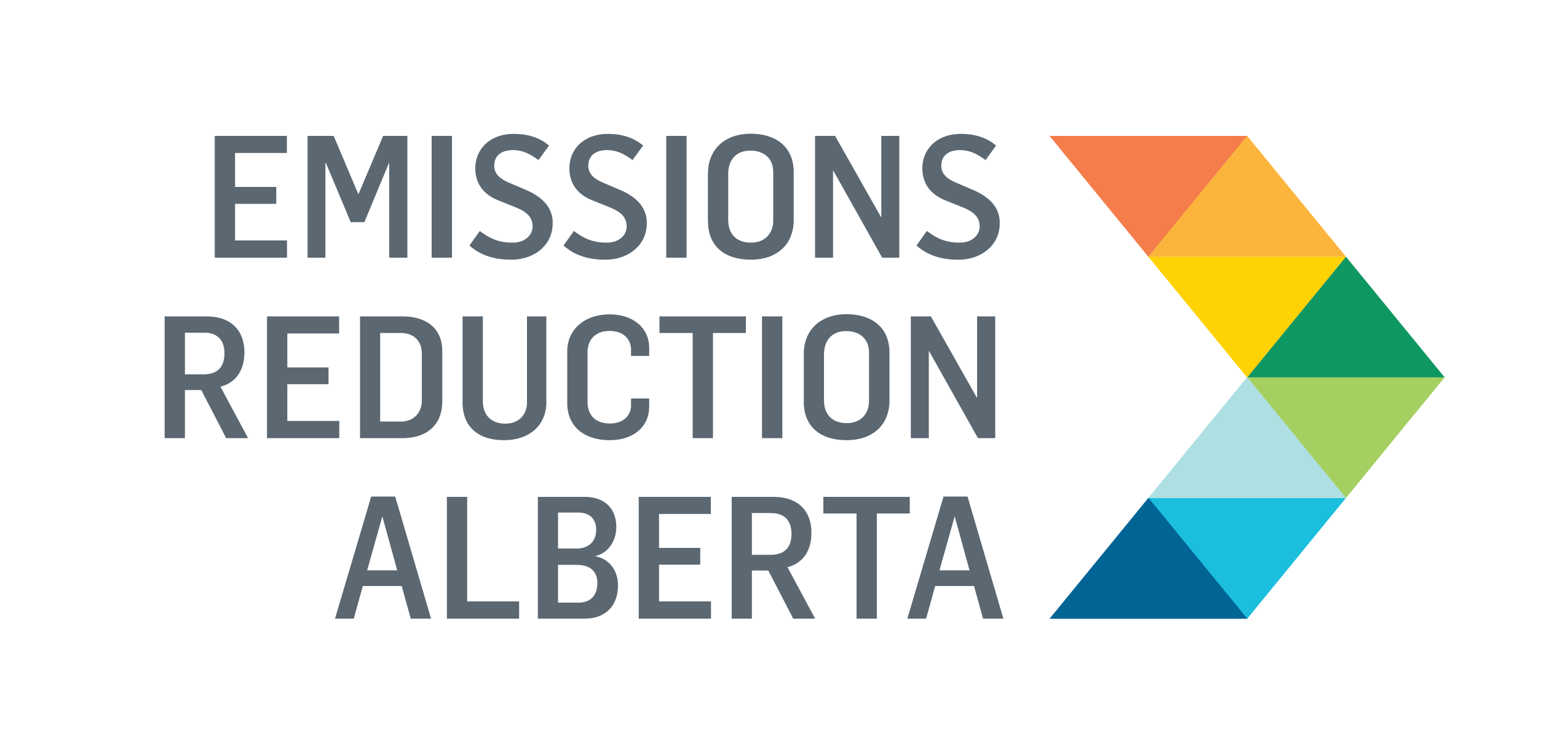Installing the First Heat Recovery System in a Pulp Mill Boiler
Alberta-Pacific Forest Industries (Al-Pac) utilizes wood waste in its power boiler and wood by-products in its recovery boiler to generate energy and steam for use within its pulp production processes. Funded through ERA #3: Industry Efficiency, the Flue Gas Energy Recovery Project installed a heat recovery system that utilizes exhaust gas from the recovery boiler to improve energy efficiency and reduce emissions.
Installing an energy recovery system on the exhaust gas from the recovery boiler allows the steam currently used to heat water to be completely displaced by the recovered waste heat energy, thereby directly reducing greenhouse gas (GHG) emissions. This displaced steam can then be used for additional power generation, which allows Al-Pac to continuously export green power onto Alberta’s electric grid.
Although heat recovery systems are not a new concept, the highly corrosive environment of kraft pulp mill boilers has made their adoption very challenging, despite the significant energy-saving opportunity. The cooling of pulp mill boiler exhaust gases to recover energy results in the condensing of acids, and these acids potentially could cause significant corrosion damage to heat exchange/recovery components. The use of advanced metal engineering on these components has never been implemented in a Canadian pulp mill. In addition to the waste heat recovery, by condensing out the acid, we expect an overall reduction in the mill’s Total Reduced sulfur (TRS) emissions. This reduction will be achieved through the water recovered from the exhaust gas, with that water absorbing carbon dioxide and sulfur dioxide, in addition to the emissions’ reductions achieved through increased combustion efficiency.
Ensuring the Technology’s Long-Term Durability
Given the boiler’s corrosive environment, the project had to navigate several challenges stemming from this factor. Materials for the technology were a critical part of its development, and the project found that using advanced stainless steel for the heat exchanger and other components exposed to corrosive flue gases was essential for long-term durability. While this significantly increased initial costs, it mitigated the risk of corrosion in the acidic environment and ensured the system’s reliability. Additionally, the accumulation of salt cake and particulates within the flue gas presented potential plugging risks and cleaning systems needed to be developed. As a result, a water wash was developed and used to clean the technology every 24 hours to prevent clogging.
What’s next?
The Flue Gas Energy Recovery technology is fully operational and successfully derisked. Since the project’s completion in 2022, it has achieved significant environmental and economic benefits. Its scalability and demonstrated efficacy suggest it could be adopted across the province’s four kraft pulp mills. Other mills are exchanging lessons learned to increase opportunities for other emission-reducing technologies.
